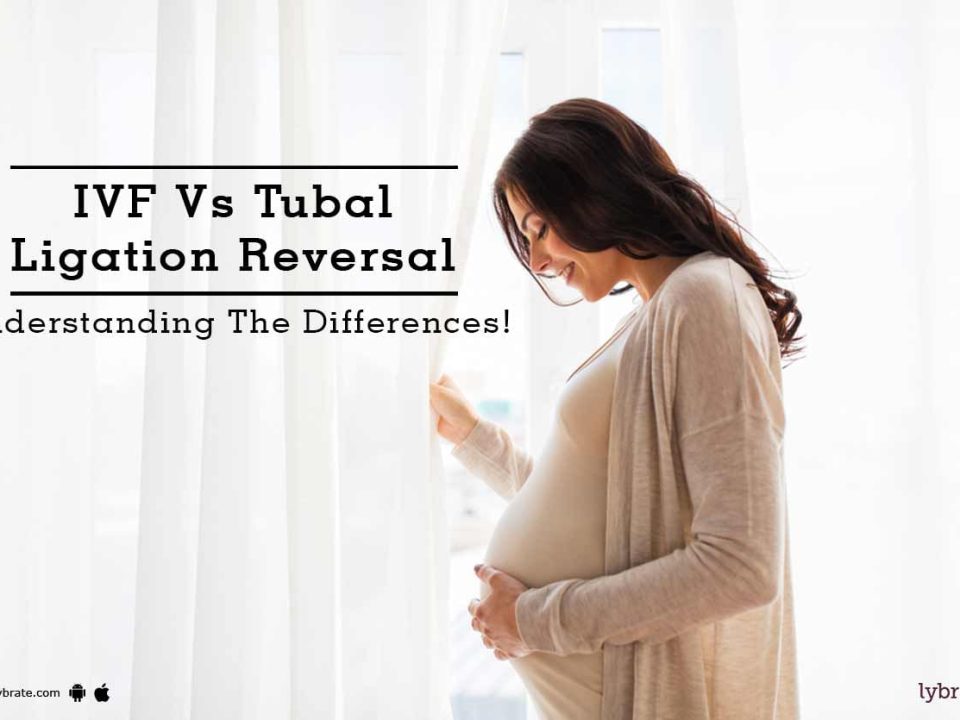What Are IVF Shots? Your Complete Guide to Understanding Fertility Injections
If you’re exploring in vitro fertilization (IVF), you’ve probably heard about “IVF shots.” Maybe the idea of injections makes you nervous, or perhaps you’re just curious about what they do. Either way, you’re not alone—thousands of people search for answers about these shots every month, hoping to understand how they fit into the journey of building a family. IVF shots are a big part of the process, and they’re not as scary as they might sound. Think of them as little helpers that nudge your body into gear, giving you the best chance at success.
In this guide, we’ll walk you through everything you need to know about IVF shots—what they are, why they matter, how they work, and what you can expect when you start using them. We’ll dive deeper than most articles out there, answering questions you didn’t even know you had, like how these shots affect your daily life or what the latest research says about making them more effective. Whether you’re just starting to think about IVF or you’re prepping for your first cycle, this is your one-stop resource. Let’s get started!
Why IVF Shots Are a Game-Changer
IVF shots aren’t just random needles—they’re the backbone of the IVF process. When you’re trying to conceive naturally, your body usually releases one egg per month. But in IVF, doctors need more eggs to work with to boost your chances of a successful pregnancy. That’s where these injections come in. They’re designed to stimulate your ovaries, encouraging them to produce multiple eggs at once.
Picture your ovaries as a garden. Normally, they grow one flower (an egg) each cycle. IVF shots are like a special fertilizer—they help your garden bloom with several flowers at the same time. More eggs mean more opportunities for fertilization, which is why these shots are so crucial. Without them, IVF wouldn’t be nearly as effective.
But it’s not just about quantity. The shots also help control the timing of your cycle, so doctors can retrieve those eggs at the perfect moment. It’s a carefully choreographed dance, and the injections are the music keeping everything in step.
The Different Types of IVF Shots You’ll Encounter
Not all IVF shots are the same—they each have a specific job. Depending on your body and your doctor’s plan, you might use a few different types during your cycle. Here’s a breakdown of the main players:
Follicle-Stimulating Hormone (FSH) Shots
These are the heavy hitters. FSH shots tell your ovaries to wake up and start growing follicles, which are tiny sacs that hold your eggs. Brands like Gonal-F or Follistim are common examples. You’ll usually take these for about 8 to 14 days, depending on how your body responds.
- What they do: Kickstart egg production.
- How they feel: You might notice some bloating or mild discomfort as your ovaries get busy.
Luteinizing Hormone (LH) Shots
Sometimes paired with FSH, LH shots (like Menopur) help your follicles mature. Think of FSH as the builder and LH as the finisher—it makes sure those eggs are ready to go.
- What they do:Fine-tuneeggdevelopment.





